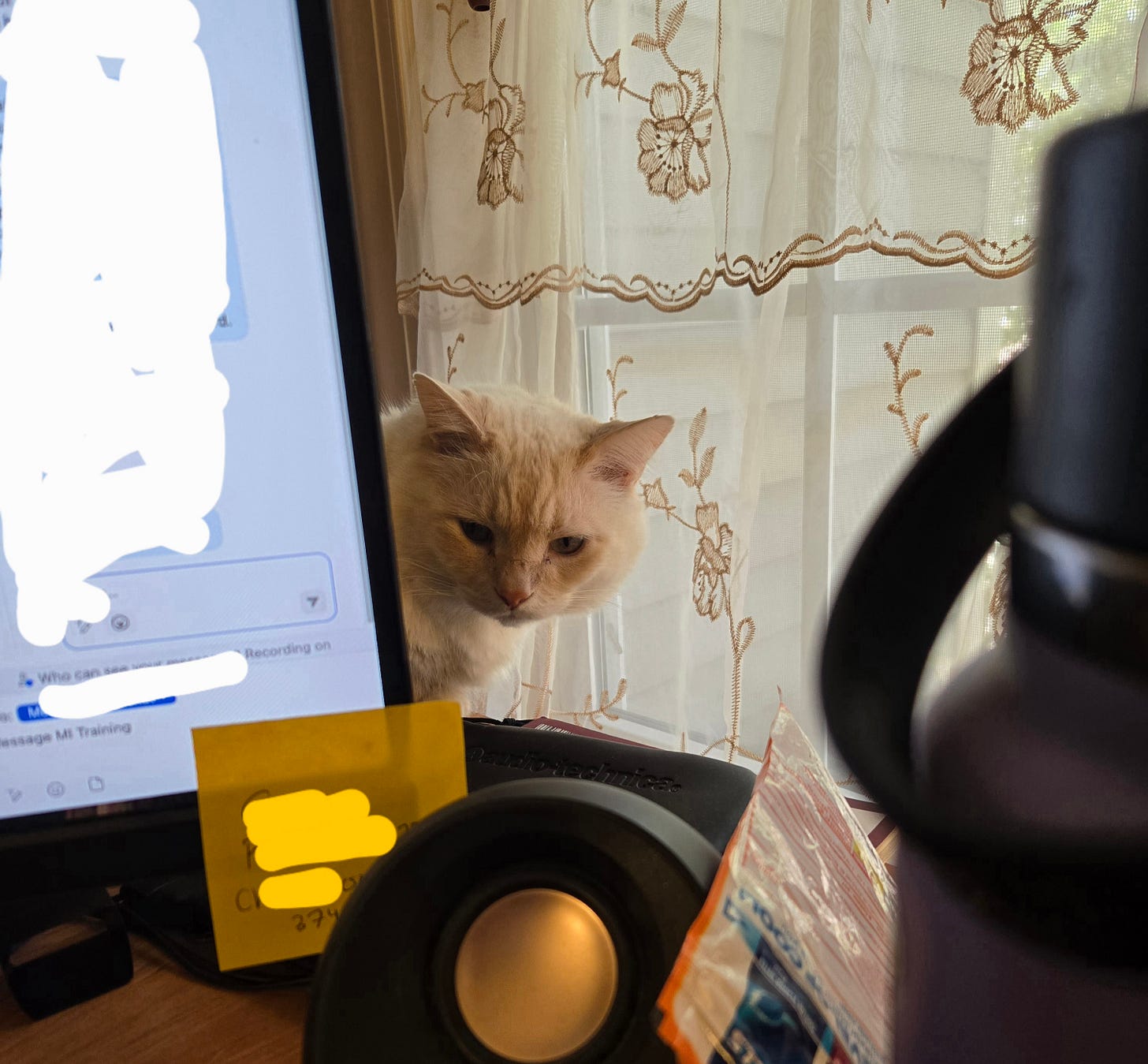Flood Myths
Lately I’ve been thinking about flood stories, like Noah’s Ark, a story from Genesis in the Hebrew Bible/the Christian Old Testament. I did a cursory google search and found that there are flood stories in many other ancient cultures, and that they often have similar themes. This article from PBS gives an interesting overview (I particularly liked the Buddhist story), and notes that “Most flood stories include an angry God or deity, and a catastrophic water event that destroys the world but is only survived by a chosen few.”
Since the text for Noah’s Ark is most handy and familiar for me, please humor me as I drop a little quote (bear with me: I promise I’m not preaching fire and brimstone!):
5The Lord saw how great the wickedness of the human race had become on the earth, and that every inclination of the thoughts of the human heart was only evil all the time. 6 The Lord regretted that he had made human beings on the earth, and his heart was deeply troubled. (Genesis, Chapter 6, NIV)
Human Stories
Let’s step back for a moment, and remember that these flood stories were written and retold by humans in various cultures around the world. Instead of asking what this passage says about god, I want to talk about what it says about people.
First of all: relatable. Right? I mean, haven’t you ever looked around and thought, “There’s more bad than good here. I wish we could get a do-over.” Or even just, “What the eff is going on with humanity????” Have you ever felt hopeless about the state of the world, and afraid that there is no solution?
Have you ever desired a clean slate? That’s your flood. Have you ever fantasized about sailing away to island where only the cool and kind exist together in a little utopia? That’s your ark.
The Feelings Behind the Floods
The story of Noah’s ark expresses deep disappointment, grief, and rage over the state of society at large. It’s part vengeful, craving justice and atonement; part regretful, wondering how we got here; and part despairing, seeing no way out except for a massive catastrophe, a hard reset.
Unspoken in the above text, I think there’s also shame. There’s the feeling of looking to your maker and thinking that that great entity feels regret at having ever created you and your kind. What heaviness, to look around at your people and worry that you are a mistake.
A Tale as Old as Time
Perhaps it will have the opposite effect for you, but I find it oddly comforting to notice that throughout human existence, through the ages and all across the world, various cultures have grappled with what they see as the failure of humanity to live up to its ability to honor one another and do right.
For me, zooming out on the scope of human existence does two things:
It reminds me the human story stretches back farther than my mind can fathom, and that I’m part of that story.
It shows me that I am not the first person to feel this way about the world, and I won’t be the last.
Fearing the End Since the Beginning
Ambivalence and fear about human existence isn’t new. The Epic of Gilgamesh predates the story of Noah’s Ark in the Torah and references a great flood that only one family and their animals survived.
Morality aside, flood stories are also about catastrophic disasters: world-ending type stuff. What this shows me is that our current wonderings about whether we’re nearing the end aren’t new. To be fair, we are facing climate disaster in a way that previous generations were not. But it’s still true that since humanity’s earliest existence, our species has been fretting about The End Times.
So if today you are feeling hopeless, outraged, vengeful, disappointed, despairing, or afraid, you are in good company. There are tons of people here and now who are feeling those things too, AND our ancestors felt them, even in the earliest recorded times of human history.
You are not alone. Together, we’re going to figure out how to proceed with our grief, our anger, and our fear. And if your thoughts turn towards more, um, extreme notions of wiping out human existence to get a clean slate, you wouldn’t be the first! Experience the catharsis of your rage, and then remember: anger can also point us toward kindness, towards justice that is both strong and soft.



